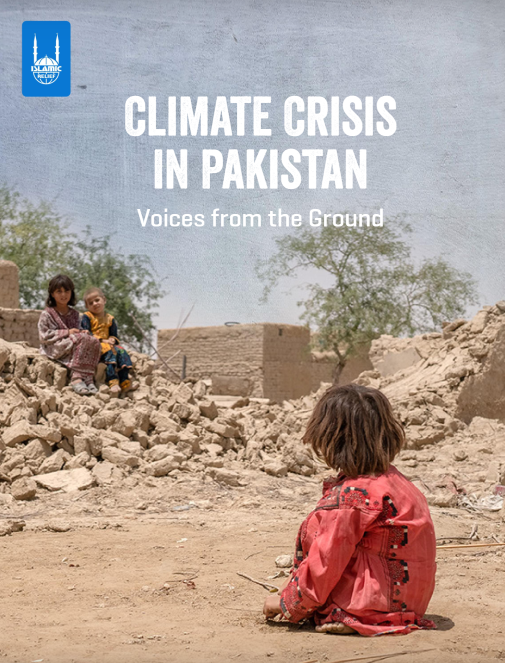AS the first anniversary of the 2022 Pakistan floods approaches, Islamic Relief Canada has released a new research study, “Climate Crisis in Pakistan: Voices from the Ground.”
The report highlights the voices of women in Pakistan, revealing the unique impacts of climate change on their livelihoods and well-being, as seasonal changes, deforestation, extreme weather, natural disasters, and water scarcity intensify.
As the fifth most climate-vulnerable country in the world, Pakistan is suffering immense consequences of climate change, despite producing less than 1% of the world’s carbon footprint. Unfortunately, in any crisis or disaster, it is often women and girls who bear a disproportionate burden — and climate-induced disasters are no exception. Moreover, in Pakistan, women are overrepresented in agricultural, livestock and fishing sectors – and are therefore even more vulnerable to the impacts of climate change, says Islamic Relief Canada.
The report features compelling personal stories from women, including:
“There used to be four seasons that were predictable and timely, arriving at similar times every year. Now there are only two seasons: summer and winter. There’s no spring anymore — and because of this, the vegetables are being scorched early on due to the unexpected heat,” says a widowed mother in Patikka, Azad Jammu Kashmir.
“We have a very big problem with water. So many people left the community because there wasn’t enough water. This Islamic Relief drip irrigation system is a blessing to conserve our water and keep our livelihoods,” says a female farmer near Quetta, Balochistan.
The report provides examples of the ways in which Islamic Relief is countering these impacts, in taking a climate-adaptive approach to developing sustainable livelihoods and communities, while keeping women at the forefront.
Islamic Relief Canada CEO Usama Khan says: “As Pakistan braces for another summer, now more than ever, we need our political leaders to make bold and strategic decisions to be proactive in supporting long-term, sustainable initiatives. This proactiveness and preparedness is critical to preventing large-scale impact of further climate-induced disasters.”
To access the full report, click here.














